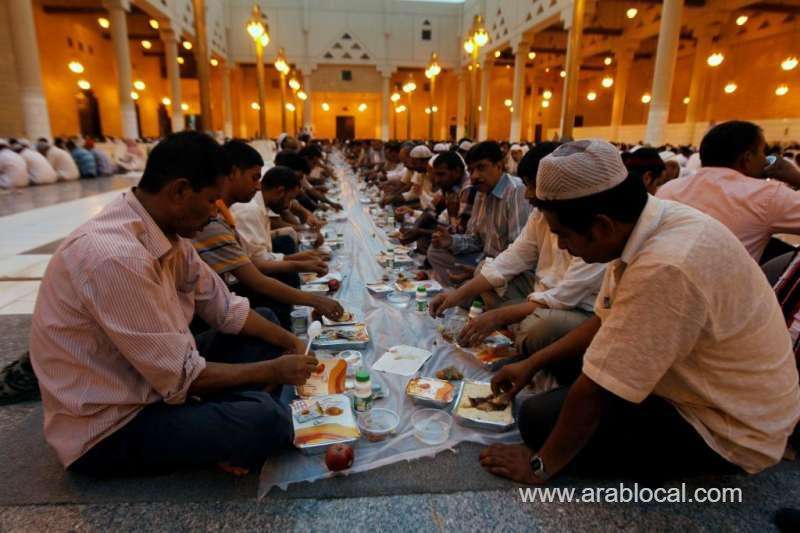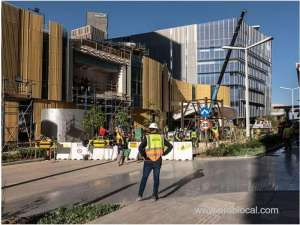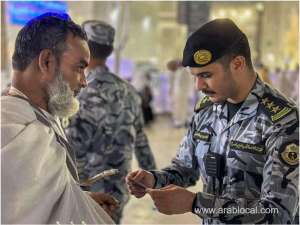Highlights
Fasting, according to expats in Saudi Arabia, has brought them closer to their Muslim friends and colleagues. Despite their theological differences, many foreigners are adopting the Kingdom's cultural habits.
Two Non-Muslims Stories
Many non-Muslims in Saudi Arabia have chosen to fast during Ramadan in order to feel more connected to their Muslim friends and coworkers.
First Story
"You don't do Ramadan by yourself; you do it with others." "It's a genuine moment of friendship and charity," said Raphael Jaeger, the non-Muslim chairman of Alliance Françoise’s Riyadh section.
"I feel like I'm a part of this amazing experience, and I'm thinking of Ramadan right now, and what I'm doing is bridging the Saudi and French cultures." Jaeger has lived in Riyadh for three years, but this is his first Ramadan fasting experience.
"My first year in Saudi Arabia, I didn't know many people well," Jaeger said. "Then COVID-19 occurred." But since then, he's made a lot of Saudi friends and developed close bonds. His buddies invited him to join them for Iftar just before Ramadan began.
"I wanted to share the success, the personal, spiritual, and physical struggle for Iftar with them," Jaeger said. On the first day of Ramadan, he had a squash match and became exceedingly thirsty during the match.
"It was the first time and a really difficult experience for me not to drink water," he added. "I felt extremely proud of myself."
Fasting, according to Jaeger, is comparable to going to the gym and achieving a personal objective.
"You have these minor triumphs every day throughout Ramadan, and you have them in solidarity with so many others, that collectively we stand," he remarked.
While Ramadan is well-known for its spiritual benefits, it also provides a number of physical health advantages. Indeed, research show that fasting from dawn to sunset might enhance one's health greatly.
The body adjusts to eating less throughout Ramadan, which allows the stomach and digestive tract to shrink. This directly controls hunger by reducing appetite, which often results in weight loss.
According to studies, abstaining from food and drink for a period of time lowers cholesterol, which leads to improved cardiovascular health.
When you fast for a month, your body naturally cleanses itself of toxins that have built up in your system.
More adiponectin is created as a result of a combination of fasting and eating late, allowing the muscles to absorb more nutrientsThere appear to be mental health advantages as well. Fasting boosts mood and memory by making the brain more robust and adaptive.
Refraining from eating causes blood sugar levels to drop allowing the body to utilize stored glucose for energy and allowing the body to self-regulate. People with insulin or sugar issues, on the other hand, should seek medical guidance before fasting.
Second Story
Mariah Ross, a 21-year-old from Cleveland, Ohio, revealed her Ramadan experiences as a non-Muslim.
"When I went on my first foreign vacation to Turkey, I began fasting." "I was travelling with my Muslim best friend, so we decided to fast together and celebrate Ramadan like the natives," she explained.
Ross had fasted several times when travelling in Muslim countries and at university, where the majority of her acquaintances were from Gulf nations such as Saudi Arabia, Kuwait, and Oman.
"I spent that Ramadan with my friends every day, and we always ate iftar together, either out or at one of our apartments," she explained.










